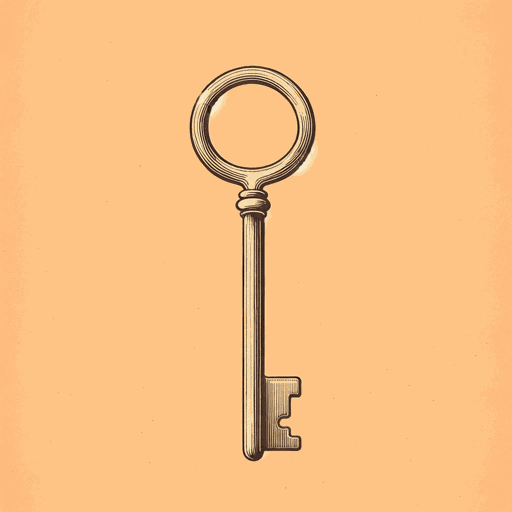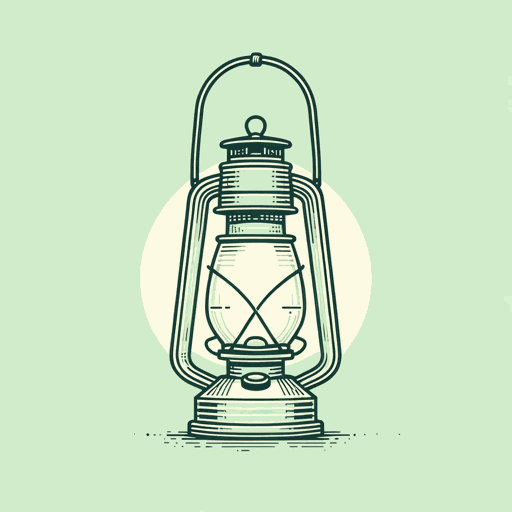51 pages • 1 hour read
Henry David ThoreauCivil Disobedience
Nonfiction | Essay / Speech | Adult | Published in 1849A modern alternative to SparkNotes and CliffsNotes, SuperSummary offers high-quality Study Guides with detailed chapter summaries and analysis of major themes, characters, and more. For select classroom titles, we also provide Teaching Guides with discussion and quiz questions to prompt student engagement.
Essay Questions
Use these essay questions as writing and critical thinking exercises for all levels of writers, and to build their literary analysis skills by requiring textual references throughout the essay.
Differentiation Suggestion: For English learners or struggling writers, strategies that work well include graphic organizers, sentence frames or starters, group work, or oral responses.
Scaffolded Essay Questions
Student Prompt: Write a short (1-3 paragraph) response using one of the below bulleted outlines. Cite details from the essay over the course of your response that serve as examples and support.
1. Thoreau notes that “Action from principle,—the perception and the performance of right,—changes things and relations; it is essentially revolutionary, and does not consist wholly with any thing which was. It not only divides states and churches, it divides families; aye, it divides the individual, separating the diabolical in him from the divine.”
- Summarize this quote. What is Thoreau’s main argument here? (topic sentence)
- What is one example that Thoreau uses in the text to substantiate this point?
- How can one interpret this quote in relation to the theme of Individualism and the Government?
2. While Thoreau uses many examples of Fighting Injustice With Passive Resistance, his most personal example is his time in prison.
- How is his time in prison an example of passive resistance? (topic sentence)
- Describe his perception of his night in prison.
Related Titles
By Henry David Thoreau




